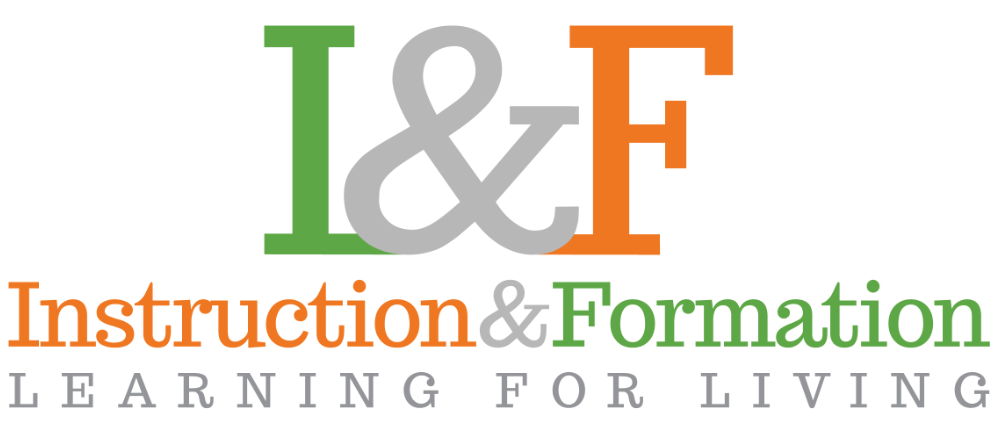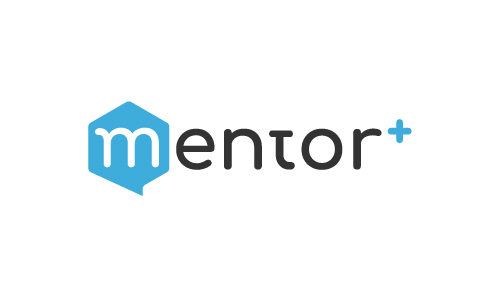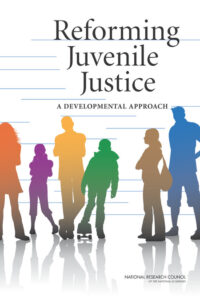Mentor+ Youth mentoring programme to prevent juvenile offending Project
The number of underachievers and early school leavers is still high in the EU. Students with fewer opportunities have lower expectations of completing tertiary education (43.4%) than their peers (82.3%) (Council of the EU, 2021). This conclusion calls on member states and the Commission to work together on policies to reduce low-achievement, raise competence levels and prevent unemployment.
Mentor+ is focused on designing an intervention of non-formal education, offering the mentoring methodology to engage, connect and empower young people in conflict with the law. The main idea is to use law abiding adults to support juveniles in the process of developing positive attitudes and behaviours. Mentor+ is also focused on digitalisation. We want to develop a mobile application to support the coordination of the mentoring processes. A low-cost solution that brings flexibility and scalability potential to the project results. Adding digital technology and creating an electronic dimension of mentoring it is our priority to have an impact on the logistical part of the mentoring processes: electronic communication enables mentoring relationships to transcend geographical and temporal boundaries, enabling mentoring
facilities to be extended to those formerly unable to access them.
Evidence shows that there is ample reason for concern in the area of juvenile delinquency (Souverein et al., 2019). Youth within the juvenile justice system (JJS) are among the most vulnerable citizens. Research shows that incarceration does not attend to their needs and it often results in negative behavioural & mental health consequences (e.g. maintain, or even increase, levels of engagement in anti-social behaviour and criminal activity) (Lambie & Randell, 2013). Youth within the JJS continue to experience routine violations of their basic rights, including violence and isolation within detention centers (Souverein et al., 2019; UNICEF, 2013). Moreover, the relationship between juvenile delinquency & school dropout, mental health problems, substance abuse, unemployment, illegal lifestyle, a higher risk of intergenerational perpetuation
of patterns and internalizing disorders (e.g. depression and anxiety) is backboned by research. An added concern is that research shows that most adults in prison had a past of juvenile delinquency and institutionalization (Farrington, 2003; Ezell & Cohen, 2005). Research in the field of adolescent delinquency shows a positive correlation between mentoring relationships and increased social capital, such as self-esteem, education, and employment achievements (Kelley & Lee, 2018). Longitudinal studies have shown that natural mentors reduce delinquency over time depending upon characteristics of the mentoring relationship. “A key finding is that mattering to others is in fact a vital part of the relationship between natural mentors and delinquency outcomes” (Ibid., 2018).
What are our objectives?
1. During 36 months to design & pilot a mentoring programme for justice-involved youth in order to avoid their incarceration/ institutionalization, targeting at least 60 young people in conflict with the law.
2. Create a Handbook for the Mentors to support them in mentoring justice-involved Youth (providing guidelines, templates and useful tools to put into motion during the mentoring sessions), piloted by 60 mentors in the different country partners.
3. Create and pilot a mobile application, available in 6 different European languages to support mentors and mentees in real time, giving visibility to the added value of the electronic nature of e-mentoring as a mechanism that allows mentoring relationships to transcend geographical and temporal boundaries. The mobile APP will have different group areas: it will have a common room for mentoring coordinators and another common room for mentors. These rooms will give them the space to interact between them and exchange experiences. Also, the APP should allow mentors to contact the mentees to provide online support (chat), and schedule face-to-face meetings.
4. During 3 years, to support more than 60 juveniles at risk of deviant behaviour/ in conflict with the law to reintegrate into society and have a life without crime, by offering them the opportunity to contact with a role model (peer mentor).
5. Create opportunities for transnational cooperation and exchange of practices between professionals and volunteers working in the juvenile justice system, organising 2 short-term joint training events involving 56 people.
Partners
Beyond the Horizon International Strategic Studies Group vzw – Belgium
AMADORA INOVATION EM UNIPESSOAL LDA – Portugal
APROXIMARCOOPERATIVA DE SOLIDARIEDADE SOCIAL, CRL – Portugal
Athens Lifelong Learning Institute – Greece
Asociatia Vis Juventum Romania Nord-Vest Baia Mare – Romania
I AND F EDUCATION AND DEVELOPMENT – Ireland
ASOCIATIA EUROPEAN ASSOCIATION FOR SOCIAL INOVATION Romania
De Touter Vzw – Belgium
SAN GIUSEPPE ONLUS – Italy
For further information, please visit: https://www.mentorplus-euproject.org/




